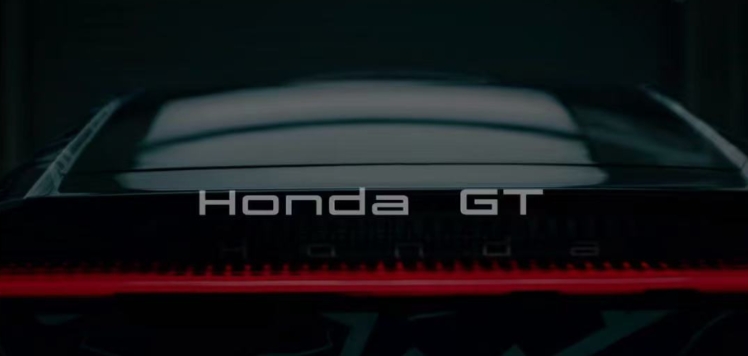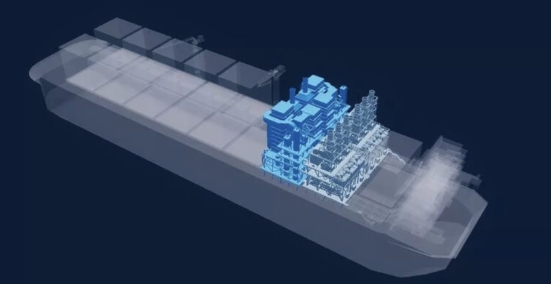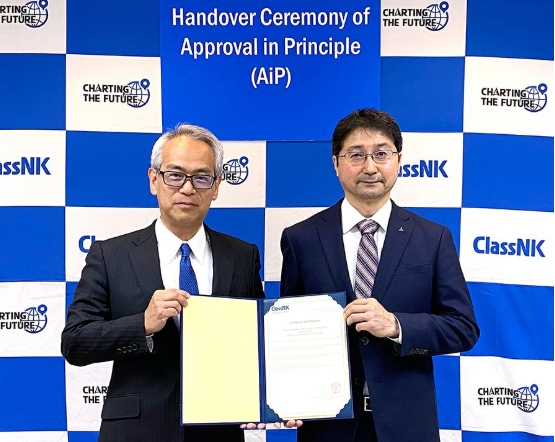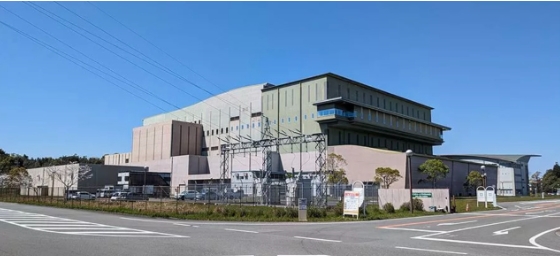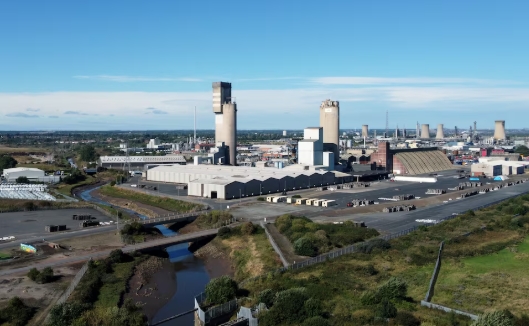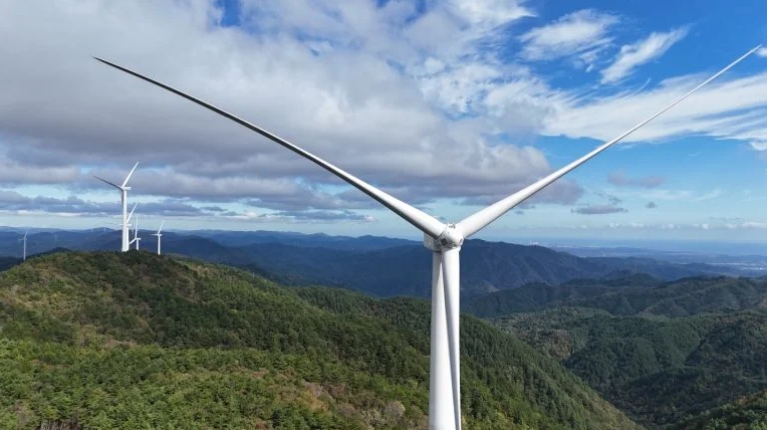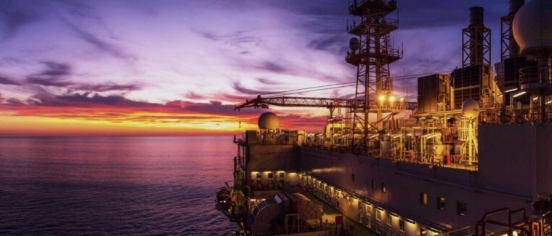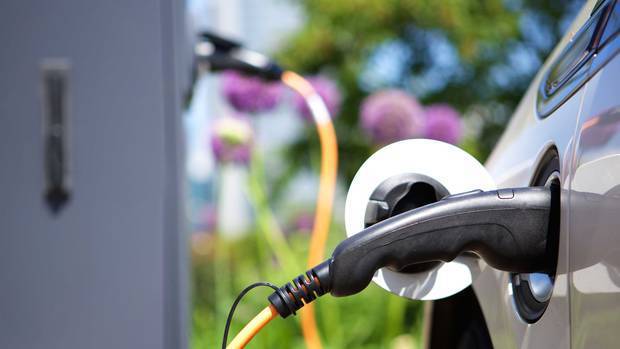 Geo40 aims to produce battery grade lithium. Photo / File
Geo40 aims to produce battery grade lithium. Photo / File
It says its potentially world-leading discovery is at the low end of the international production costs for the silvery-white alkali metal that is the main component of the batteries required for the burgeoning global electric vehicle market.
The company is understood to be raising $10-$15 million in new capital, assisted by broking house Jarden, to build a pilot plant to extract lithium carbonate from geothermal fluid that has already been piped through Contact Energy's Ohaaki power station to produce electricity.
Six weeks ago, Geo40 began building a commercial scale silica extraction plant using Ohaaki geothermal fluid, with lithium always the "symbiotic" second mineral the company intended targeting once its commercial silica extraction plans were under way.
The silica plant is being funded by a combination of private investors and a $15 million loan from the Provincial Growth Fund.
Chief executive John Worth told BusinessDesk the company believes it can achieve "fantastic scale" in New Zealand for both silica and lithium without running out of access to geothermal fluid.
However, the biggest opportunity is offshore, where lithium concentrations in geothermal fluid can be 10 times the average 10-to-20 parts per million found in New Zealand geothermal fluid.
"If we can prove the technology here, it will be sunk capital but 10 times the return" if applied to more lithium-rich resources, said Worth. An initial public offering is on the cards "in the not too distant future," although the former chief executive at NZX-listed minnow NZ Windfarms says listing is "not a slam-dunk."
While the company was aware of other attempts around the world to find a commercially viable extraction processes for lithium from geothermal fluid, he believed Geo40 was the first to have done so.
Crucial to the potential of the technology is its promise as a relatively low cost extraction method.
While Australia is the largest lithium producer, it does so by mining hard rock 'spodumene', which has around 6 per cent lithium content and involves the highest cost extraction.
For New Zealand geothermal producers, the relevant benchmark is the high Andes salt plains production in Argentina, Chile and Bolivia, where so-called 'salar' production occurs by evaporating mineral-rich brines to produce lithium.
"We're at the lower end of the cost curve against Argentina and Chile," said Worth of work with in-house chemists, engineering firms Beca and Jacobs, GNS Science and mining engineers based at the University of Canterbury.
The principal relationship was with Contact Energy, which had given Geo40 early access to fluid and said: "give it a go, make a mess," said Worth. Although Contact is not an equity investor in the venture "we would like them to be at some stage," he said.
Three of the company's five directors are Australian-based, with well-known Perth-based mining figure Bill Turner as chairman.
Companies Office records show Geo40's largest shareholders are its founder and chief operating officer, Mike O'Sullivan and Sarah O'Sullivan, at 12.96 per cent, followed by WA-based director Peter Bradford and Vicki Bradford, at 12.13 per cent. Auckland-based tech incubator The Ice House holds 2.97 per cent.
The global price of lithium has been volatile, halving since 2018 to around US$10,000 per tonne in recent times, reflecting reduced EV production in China, the largest market for cars that are expected to progressively replace vehicles using greenhouse gas-emitting fossil fuels over coming decades.
